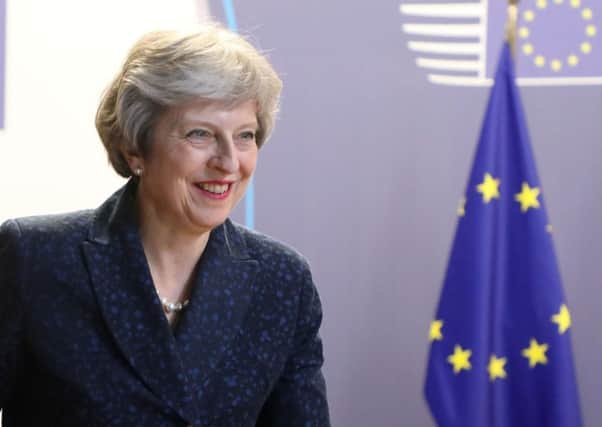Leader comment: Brexit dream isn't dying, it's dead


It was, for many people in Britain, a beautiful dream.
Leaving the European Union would restore democracy to the land, returning power from Brussels to our own elected politicians, enabling them to find British solutions to British problems. And stemming the stream of EU citizens looking for work in the UK would force employers to increase wages, ending austerity for countless hard-pressed families.
What’s more, the EU would be desperate to strike a deal to enable its companies to have access to the fifth biggest economy in the world.
Advertisement
Hide AdAdvertisement
Hide AdIn short, as Boris Johnson said after the referendum in 2016, the UK would be able to “have our cake and eat it”, enjoying unfettered access to the EU’s single market while no longer having to pay the membership fee or abide by any of the rules.
Yesterday, in his resignation letters, Johnson conceded “that dream is dying”. While he blamed “needless self-doubt”, he added that Britain was “in the ludicrous position of asserting that we must accept huge amounts of ... EU law, without changing an iota, because it is essential for our economic health”.
So, essentially, Boris’s dream – which he and others successfully sold to the nation – has collided with reality and been crushed. Hard-headed pragmatists and scorned ‘experts’ have demonstrated beyond dispute that Brexit will cause serious damage to the UK economy and a hard or no-deal Brexit could be even worse.
Preventing mass unemployment, recession and the attendant social disruption are three good reasons why the Cabinet has come up with a Brexit deal that means, far from ‘taking back control’, the UK will actually surrender some of the control it currently has to the EU and follow rules we have no say over setting.
Given the choices, this is a sensible thing to do. Unfortunately, there is no guarantee the EU will accept the UK Cabinet’s proposals. The 27 other EU states would basically have to agree to do the UK a favour or, perhaps, to conclude that the damage to the UK economy could get so bad that it posed a risk to the EU.
Johnson was clearly still in denial, but if the Brexit dream is dying, if the choices are so bad, why are we still going ahead?
Some may believe the “will of the people” was set in stone in June 2016, but democracy is continually expressed. Faced with becoming an EU “colony”, as Johnson put it, or wrecking our economy, who would still vote for Brexit?
